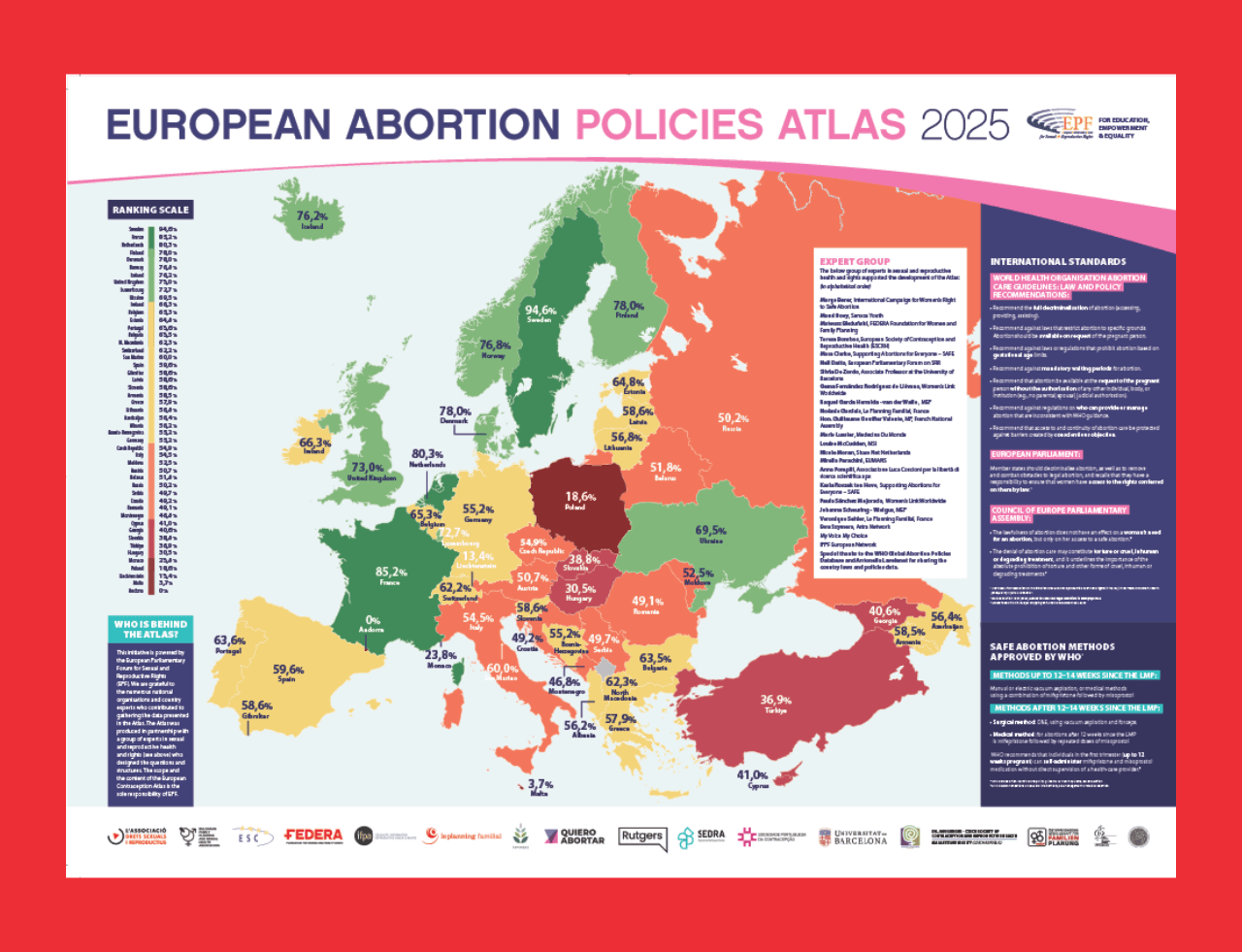Montevideo, August 4, 2017─Fifty experts from 20 countries in Africa, the Americas and Europe, among them executive director and lawyer of Federation, gathered at the first international convening on conscientious objection to abortion have concluded that the refusal to provide legal abortion services is hurting women all over the world and must be tackled.
The meeting, co-hosted by Mujer y Salud en Uruguay (MYSU) and the International Women’s Health Coalition (IWHC), featured policymakers, academics, health professionals, legal experts, and feminist activists who collectively established that objecting to the provision of voluntary abortion services on religious or moral grounds, is a chief barrier to safe abortion and endangers the lives of women.
The group highlighted that conscientious objection in relation to health services is not supported by international human rights frameworks. The practice, sometimes allowed by national law, increasingly stigmatizes a fundamental health service and pushes women to carry a risky or unintended pregnancy to term. Women denied access to abortion are also forced to seek illegal or unsafe means to abort with dire consequences, including death.
Participants agreed to individually further legal, ethical, health, and policy objectives that can mitigate the damaging effects of conscientious objection and reduce the immense burden on women who seek a legal, professional service that must be rendered without prejudice.
Research to understand the motives and measure the impact of conscientious objection on women’s quality of life and on health systems more broadly—including financial costs—was also considered a priority.
The group emphasized that doctors and health workers who support the rights of women have a significant role to play in ensuring best medical practices. Health workers also face the challenge of ensuring that professional bodies recognize that personal beliefs can seriously undermine the provision of women-centered, professional health services.




